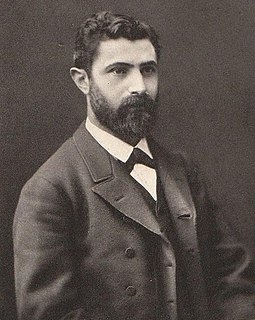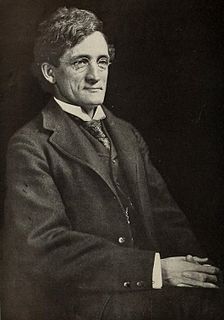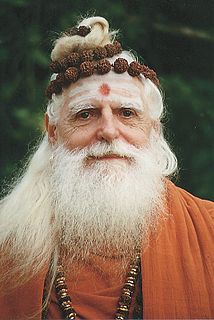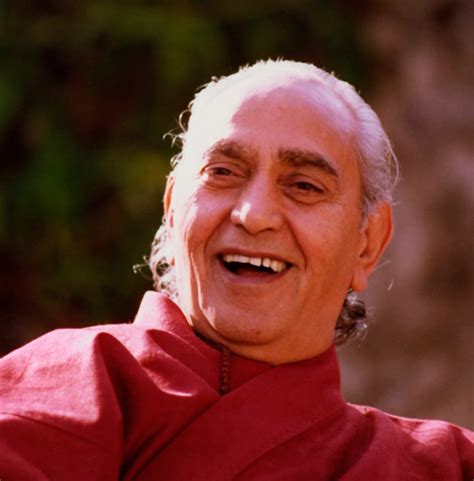A Quote by Saint Basil
They who sow courtesy reap friendship, and they who plant kindness gather love.
Related Quotes
Courtesy is doing that which nothing under the sun makes you do but human kindness. Courtesy springs from the heart; if the mind prompts the action, there is a reason; if there be a reason, it is not courtesy, for courtesy has no reason. Courtesy is good will, and good will is prompted by the heart full of love to be kind. Only the generous man is truly courteous. He gives freely without a thought of receiving anything in return.
When we begin to understand the concept of Karma we will never ever blame God for anything that happens to us. We will realise that we are responsible for all that happens to us. As we sow, so shall we reap. Rich or poor, saint or sinner, miser or philanthropist, learned or illiterate ... This is the Universal Law that applies to individuals, to whole communities, societies, nations and races. As we sow, so shall we reap.
Karma is not fate, for man acts with free will, creating his own destiny. The Vedas tell us, if we sow goodness, we will reap goodness; if we sow evil, we will reap evil. Karma refers to the totality of our actions and their concomitant reactions in this and previous lives, all of which determines our future.









































